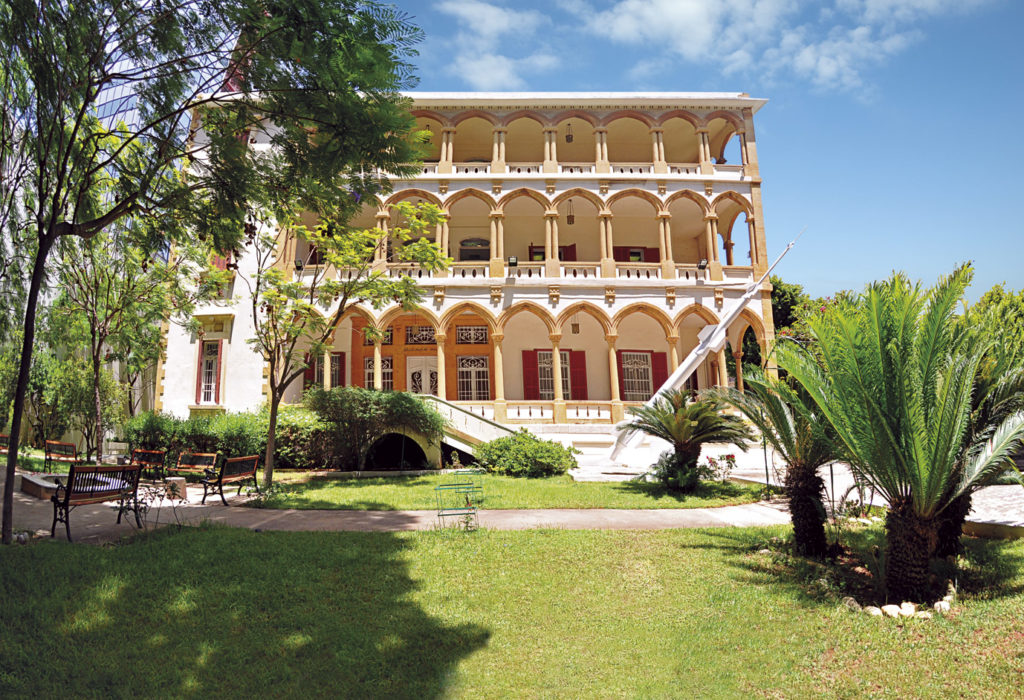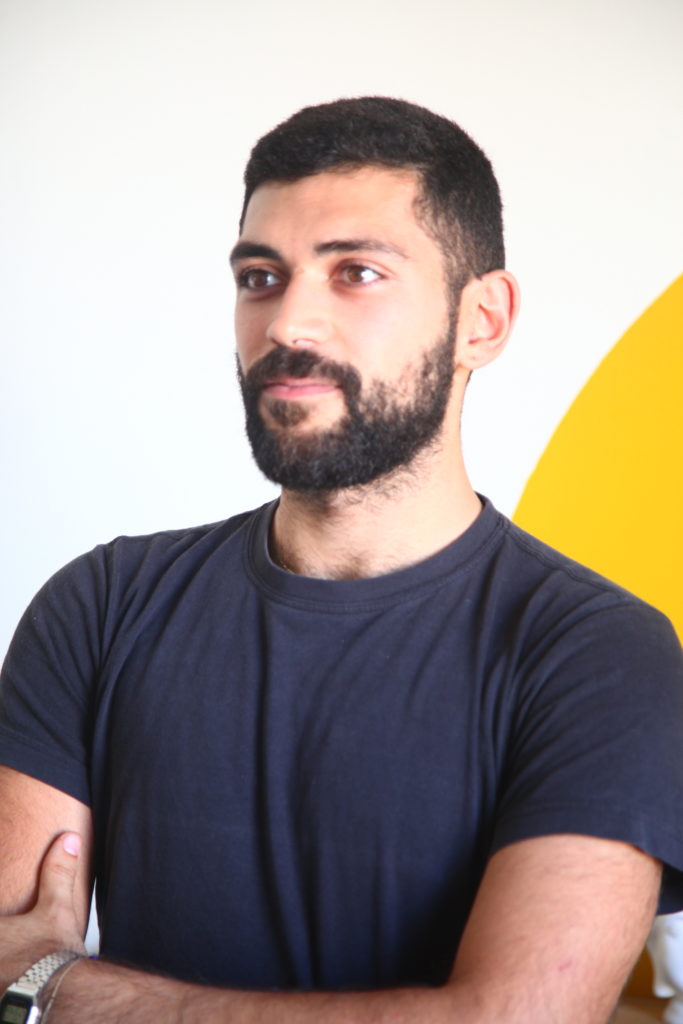BEIRUT, Lebanon – Perhaps the most resilient country in the Middle East, this sliver of land enveloped by the glistening Mediterranean has faced adversity time and again throughout its storied history. Thousands have taken to the streets since last fall to protest government corruption, casting all divisiveness aside as the country battles its worst-ever economic recession. From the shadows emerged another threat when the coronavirus pandemic broke out earlier this year. Already facing inflation, unemployment and poverty, the country’s leaders implemented a strict lockdown, successfully resulting in the mitigation of a potential disaster, citing 809 cases and 26 deaths among the population of just about 6 million. Although the curve has flattened, economic problems persist and protesters are returning to the streets to demand economic and political reforms.
Despite the daily conflicts and years of a senseless civil war, the spirit of the people has not dimmed. For Armenians, Lebanon signified a haven from hell. Genocide survivors arrived in the country by way of Syria, battered and bruised, ragged and ravaged. Lebanon welcomed them at the turn of the 20th century and offered the chance for a new life. Armenians soon transformed the swamps of Bourj Hammoud into a bustling enclave on the outer banks of the city center, implementing their work ethic, ingenuity and industrious nature. At its peak, a quarter of a million Armenians lived in Lebanon, a number that heavily decreased because of emigration during the civil war that raged on from 1975-1990. The contributions of Armenians to Lebanon, however, have not dwindled and they remain a force to be reckoned with in every sphere, from performing arts to education to politics to entrepreneurship – particularly during times of crisis.
Lebanon’s swift and strict response to the pandemic avoided a catastrophe, under the leadership of representatives like former Minister of Tourism Avedis Guidanian, who led the Armenian community’s task force. Organized by the Armenian Revolutionary Federation (ARF), with strong cooperation from other organizations, the cohesive group excelled in providing relief, aid and food assistance to low-income families across the board, while honing in on the health, living and social conditions of the Armenian community.
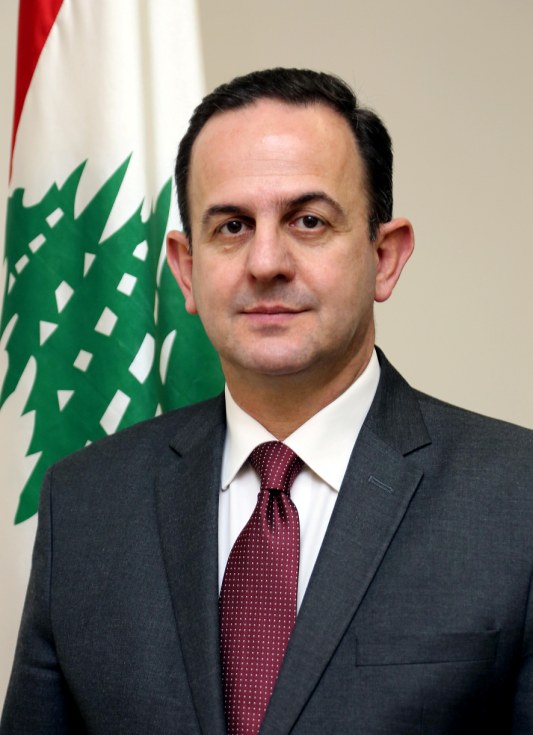
“Lebanon is now considered one of the fifteen top countries in the world that had success in overcoming the coronavirus pandemic,” said Guidanian.
When the first case was diagnosed on February 21, he said “the government took very severe measures concerning the highest level of precautions.”
Testing sites, preventive actions and concentration on discovering silent cases and clusters were enacted quickly throughout the city. Lockdowns and curfews were imposed, schools and universities closed and all restaurants, pubs and nightlife were shut down, leaving only supermarkets, pharmacies and essential businesses open.
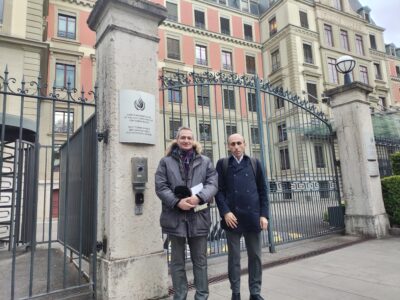


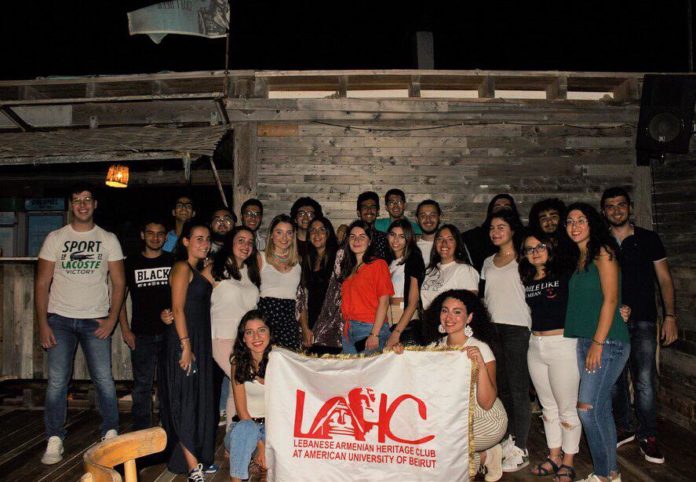



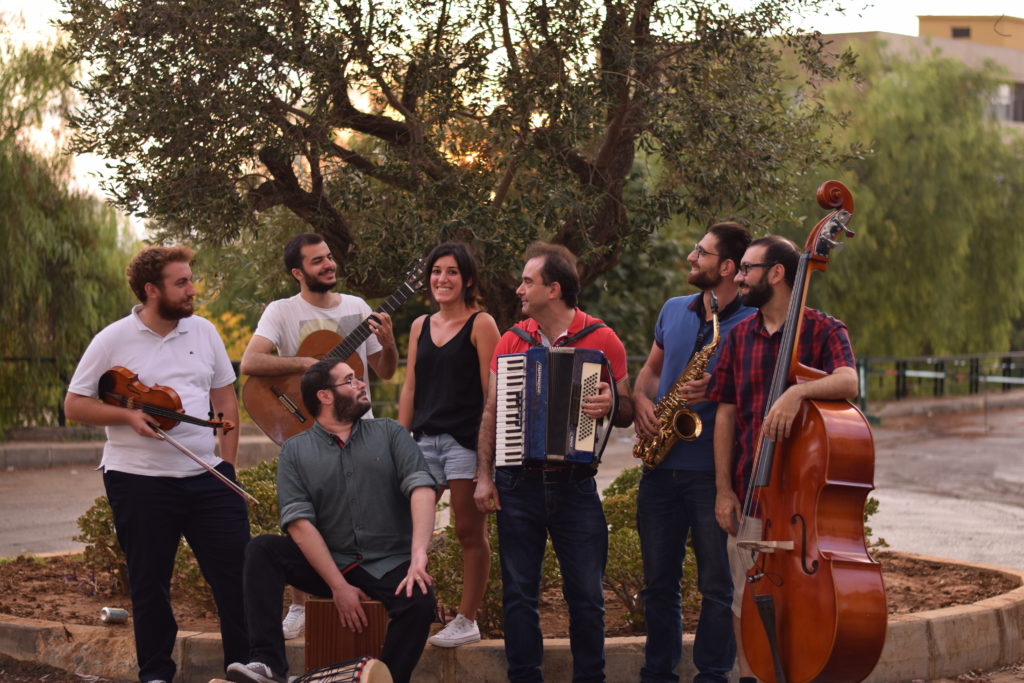
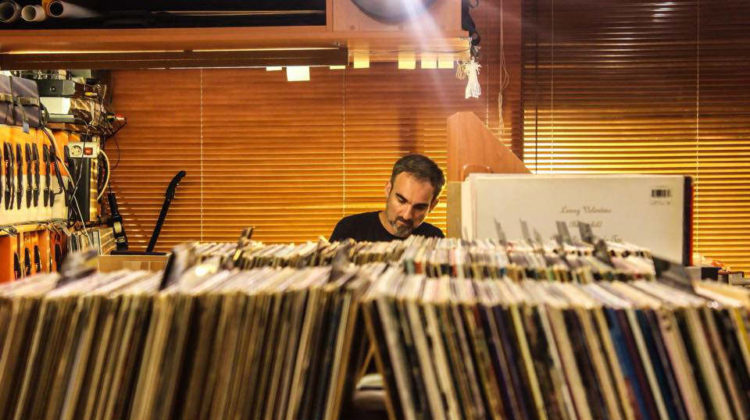


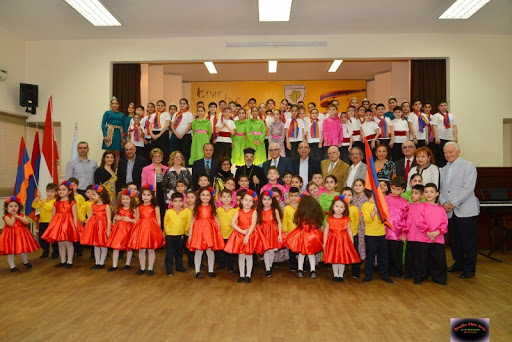
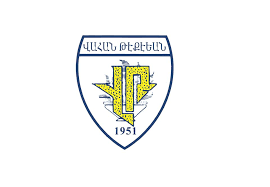 if the situation stays stable, according to principal Galina Shememian Nadjarian.
if the situation stays stable, according to principal Galina Shememian Nadjarian.
